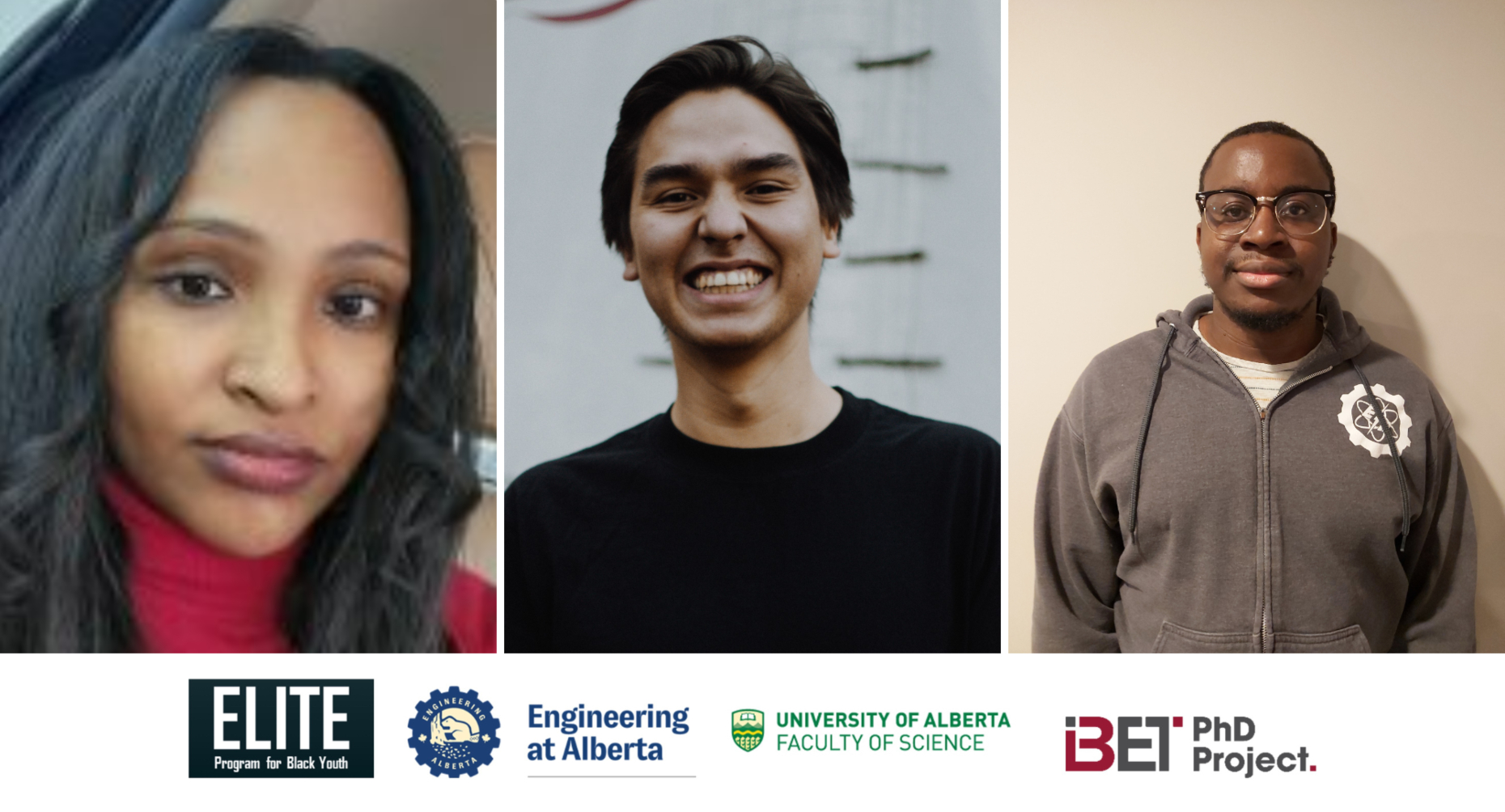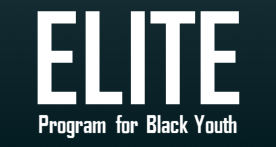Author: Adiki Puplampu
Date: 28 February 2023
If you ask almost any Black or Indigenous student how many teachers in their educational careers have been Indigenous or Black, the number would be barely enough to count on one hand, if not zero. Narrow the lens to the world of science, technology, engineering, and mathematics (STEM), and the outlook only gets worse.
In 2014, researchers in the United States found that when students from underrepresented minorities were taught by teachers from underrepresented communities, the performance gap between the minority students and their white peers closed between 20 to 50 per cent (Fairlie et al., 2014). While the American context and scope of the study make it impossible to generalize their findings to the Canadian context, it’s safe to say that representation in education matters. When students do not see themselves reflected in their field, it presents an added psychological barrier to their ability to see themselves in that field. It’s hard to imagine a life you’ve never seen someone like you live before. It is this representational gap and its impacts that the University of Alberta, in collaboration with the Indigenous Black Engineering Technology (IBET) PhD Project, is working to address.
The University of Alberta was driven to join the IBET PhD project by the results of a National Science Foundation (NSF) report on women, minorities, and persons with disability in science and engineering. An independent American federal agency, the NSF releases a compilation of data every two years on the enrollment status, fields, areas of employment, and occupation status of individuals in these demographic categories. The cited report found that Black undergraduates in engineering represented less than five per cent of the educational population and Indigenous students represented less than one per cent. It stands to reason that the number of students who make it to the PhD level is correspondingly limited.
So, in 2020, the IBET PhD Project was launched across six Ontario university engineering faculties. The University of Waterloo began the initiative with Dr. Tizazu Mekonnen in the Department of Chemical Engineering as the program’s director, but the program quickly expanded to sixteen other post-secondary institutions, including the University of Alberta.
With this project, we will dramatically increase the presence of Black and Indigenous academics in Canadian universities and research environments within the next five to ten years. This is a true game-changer in inclusivity at the highest academic levels.
- Dr. Tizazu Mekonnen, Associate Professor, Chemical Engineering and Director, IBET PhD Project
The IBET PhD Project has a clear mission and ethos. In their own words, the Project was created to “foster equitable and inclusive research environments to increase the presence of Indigenous and Black academics in STEM.” To achieve this goal, the program, in collaboration with host universities, provides fellowship recipients with financial and professional resources to support them during the intense process of completing a PhD program. Fellowship recipients receive four years of program funding as well as mentorship from respected professionals in academia, industry, and government.
This collaborative initiative between the University of Alberta, the ELITE Program for Black Youth, and the IBET PhD Project is an excellent example of an academic-community-student partnership that builds the research and innovation ecosystem while supporting the upward mobility of Black and Indigenous professionals.
- Dr. André McDonald, Associate Vice President Strategic Research Initiatives and Performance, Professor of Mechanical Engineering, and Co-Director of the ELITE Program for Black Youth
The University of Alberta currently hosts three IBET PhD fellows in the Faculty of Engineering. Two of the fellowship recipients, James Tatum and Ababo Gudisa are doing research in the Department of Chemical and Materials Engineering, while the third recipient, Darren Dahunsi is doing research in the Department of Electrical and Computer Engineering.
The IBET PhD Project is one way we are working to increase accessibility across the engineering profession, but also the communities in which we live.
- Dr. Simaan M. AbouRizk, Interim Dean Faculty of Engineering, College of Natural and Applied Sciences, University of Alberta
Fellowship recipients at the University of Alberta are supported by a mix of funding from the Faculty of Engineering, their research supervisors, and the ELITE Program for Black Youth. In 2023, the program will open up to Black PhD applicants from the Faculty of Science at the University of Alberta under a sister program. This expansion provides an opportunity for researchers at the junctures of technology and science to also receive support for their research from this collaborative initiative.
The Faculty of Science is excited to initiate our involvement with the ELITE program in 2023. As we open up new training opportunities for Black PhD students, we look forward to offering additional support and resources as we build a pipeline to train future leaders and role models in academia, industry, and government.
- Dr. Frederick West, Interim Dean Faculty of Science
As part of their training, University of Alberta fellowship recipients take part in the ELITE Program’s six-week Entrepreneurship Design Series where they not only participate but serve as mentors to undergraduate and high school interns. During the 2022 design series, fellowship recipients and ELITE Program interns were introduced to business problem and proposition development; customer discovery; minimum viable product and value proposition canvas; design thinking and testing involving pretotyping, production management, prototyping; and financial strategies to fund start-up businesses, including feasibility considerations, venture capital, debt equity, and debt leveraging. This type and depth of education is integral to producing the innovators and entrepreneurs of tomorrow.
Ultimately, in their collaboration on this initiative, the University of Alberta, the ELITE Program, and the IBET PhD Project hope to create a world in which it’s not a rarity for a Black or Indigenous student to come across a professional in industry or a professor in the classroom that looks like them. In this world, the statistics for Black and Indigenous representation will match or even exceed their representation within the total population. This representation will not only positively impact future generations of scholars and professionals, but also introduce diverse perspectives into fields where they have been seldom present. When programs like the IBET PhD Project are supported and encouraged by institutions, they create life changing opportunities for marginalized academics. In the following weeks, stay tuned for interviews with the University of Alberta’s IBET PhD fellowship recipients, where we will learn more about who they are, their experiences within the program, and where they see their paths going academically and professionally.


